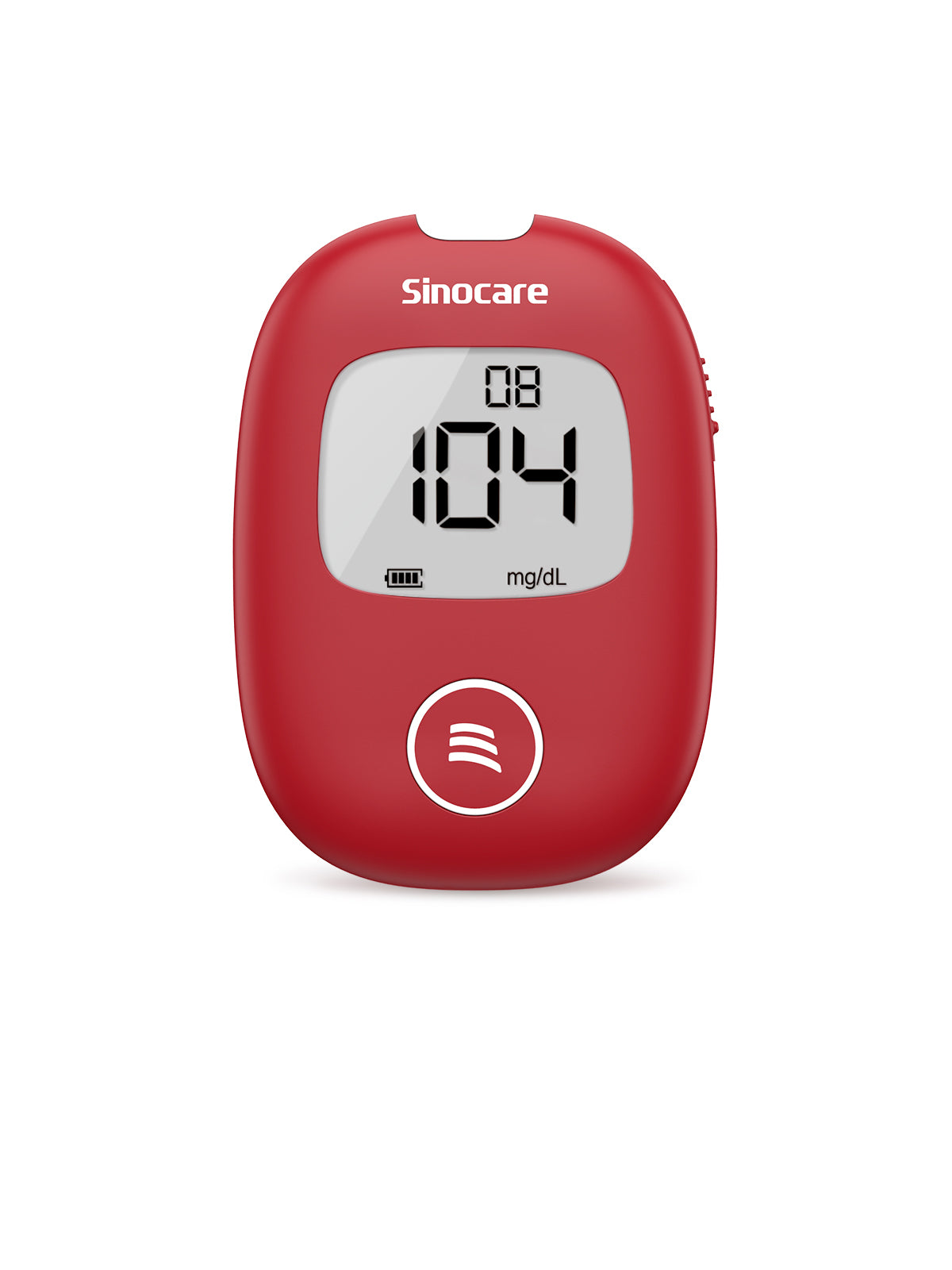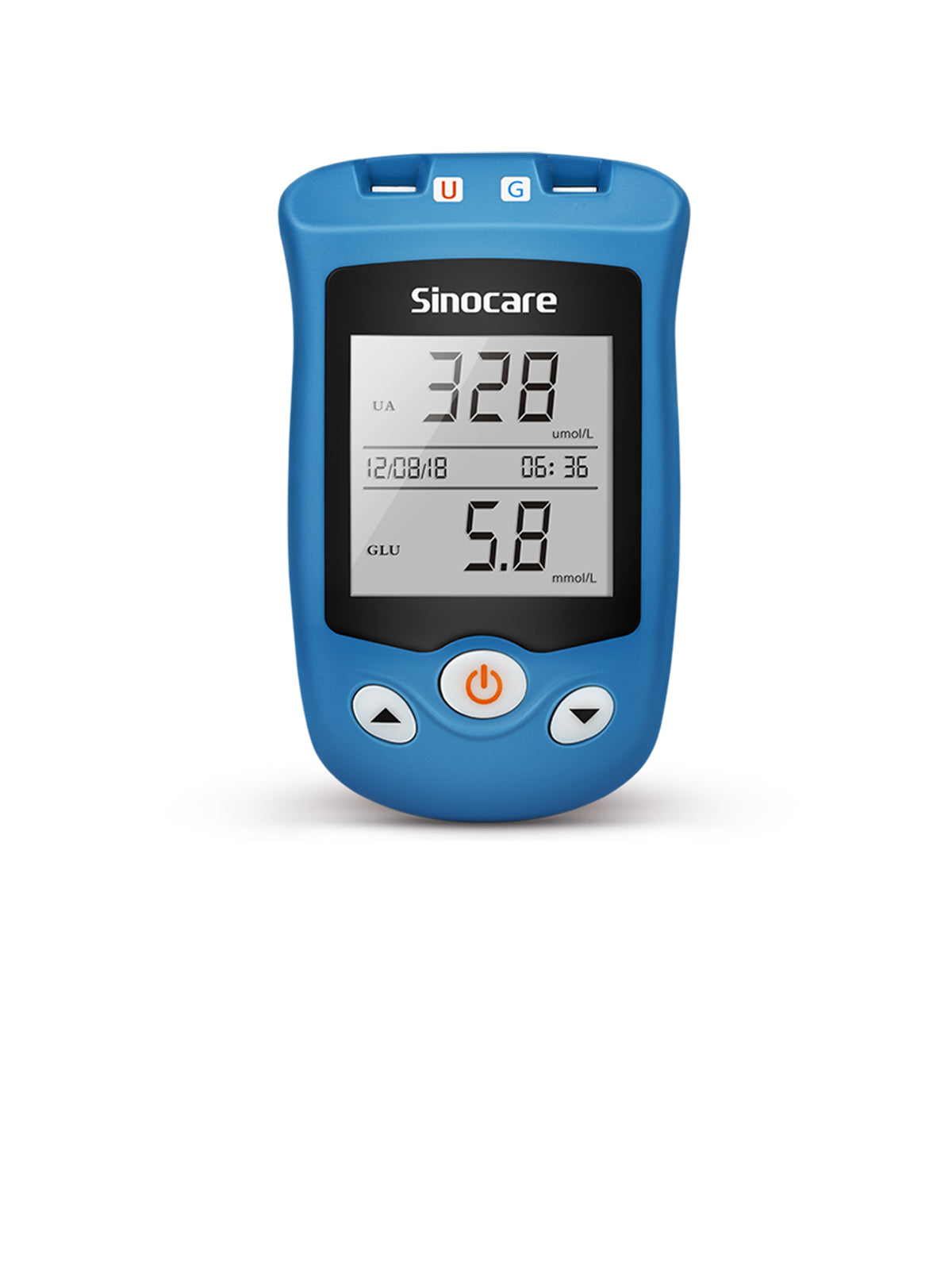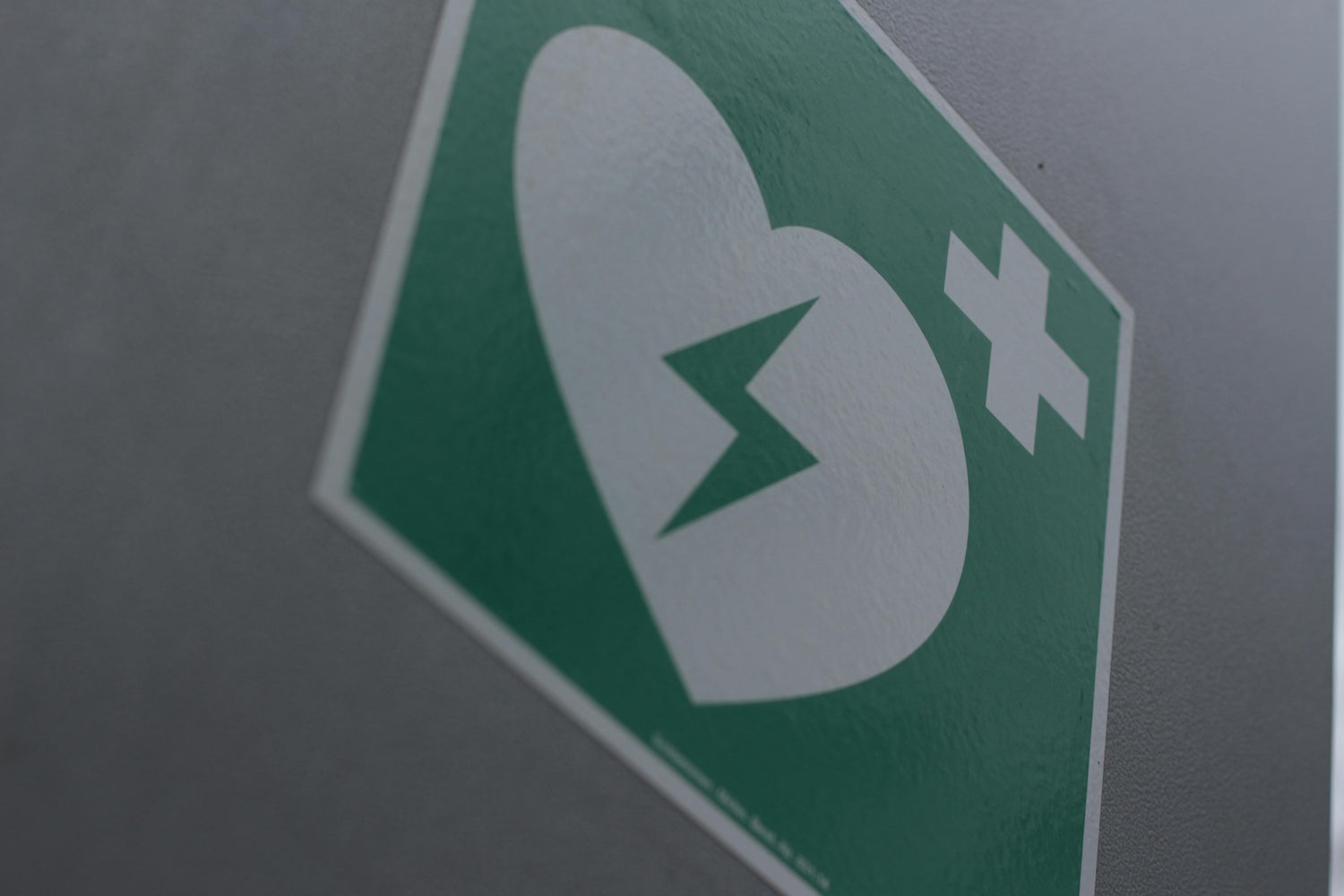Diabetes can affect the heart in three main ways: coronary artery disease, diabetic cardiomyopathy, and autonomic neuropathy of the heart.
The probability of developing diabetic heart disease among diabetes patients is exceptionally high. According to statistics, the likelihood of coronary artery disease is significantly higher in individuals with diabetes compared to those without it. About 70% of coronary artery disease patients also have diabetes or are in a prediabetic state. Furthermore, 70% of type 2 diabetes patients eventually succumb to cardiovascular diseases. It can be said that diabetes and heart disease are accomplices in crime.
In addition to its high incidence and mortality rate, diabetic heart disease is also easily overlooked and misdiagnosed. Unlike typical coronary artery disease patients who experience angina when there is myocardial ischemia or hypoxia, diabetic heart disease patients may not exhibit angina symptoms even during severe myocardial ischemia or hypoxia. This is because diabetic patients often have dulled or even lost sensation in their nerves, making them less sensitive to pain. As a result, they may experience critical conditions such as acute myocardial infarction without any sensation, leading to potential misdiagnosis or underdiagnosis.

Here are six warning signs to watch out for:
1. Declining hearing
The intricate network of blood vessels and nerves in the inner ear can be damaged by prolonged high blood sugar levels, leading to a decline in hearing ability or even hearing loss.
2. Abdominal discomfort
Diabetes can affect gastrointestinal motility, resulting in symptoms such as bloating, constipation, or diarrhea. These symptoms may also be related to autonomic neuropathy of the gastrointestinal tract. However, they could also be early warning signs of diabetic heart disease, so individuals with diabetes should remain vigilant.
3. Numbness and cold extremities
Symmetrical pain or numbness in the hands and feet, a sensation of walking on cotton, or persistently cold limbs, even with socks on, may indicate peripheral neuropathy associated with diabetes.
4. Abnormal sweating
Dysfunction of the autonomic nervous system in diabetes can lead to abnormal sweating patterns. This may present as excessive sweating, reduced sweating, or uneven sweating on different parts of the body.
5. Lack of heart rate variability with position changes or exercise
Typically, heart rate should increase by about 10 beats per minute when transitioning from lying down to sitting or after exercise. However, individuals with diabetes may not experience this expected change in heart rate, which could signal damage to the heart's blood vessels and nerves. In advanced stages, symptoms may include a resting heart rate exceeding 100 beats per minute and orthostatic hypotension, leading to palpitations, dizziness, weakness, visual disturbances, or fainting.
6. No significant changes in heart sounds during auscultation
During a physical examination, physicians often listen to the heart sounds. Normally, the sounds should be rhythmic ("lub-dub-lub-dub"). If they sound irregular ("da-dum-da-dum"), it could indicate potential damage to the heart's blood vessels and nerves.
These six warning signs may indicate the presence or impending onset of diabetic heart disease. Preventing diabetic heart disease requires comprehensive management of blood sugar, blood pressure, lipid levels, weight, and antiplatelet therapy. Preferably, medications that not only lower blood sugar but also offer cardiovascular protection, such as metformin, GLP-1 receptor agonists, and SGLT-2 inhibitors, should be prioritized.
In addition to medication management, lifestyle modifications such as a low-fat, low-salt, low-sugar, and low-alcohol diet, regular aerobic exercise, active weight management, and smoking cessation are essential for controlling the progression of diabetic heart disease.
Final thoughts
In conclusion, the relationship between diabetes and heart disease is undeniably significant, with diabetic heart disease presenting a formidable threat to individuals with diabetes. The six warning signs outlined provide crucial indicators of potential diabetic heart disease onset or presence, emphasizing the importance of heightened vigilance among diabetes patients and healthcare providers.










Dejar un comentario
Todos los comentarios se revisan antes de su publicación.
Este sitio está protegido por hCaptcha y se aplican la Política de privacidad de hCaptcha y los Términos del servicio.